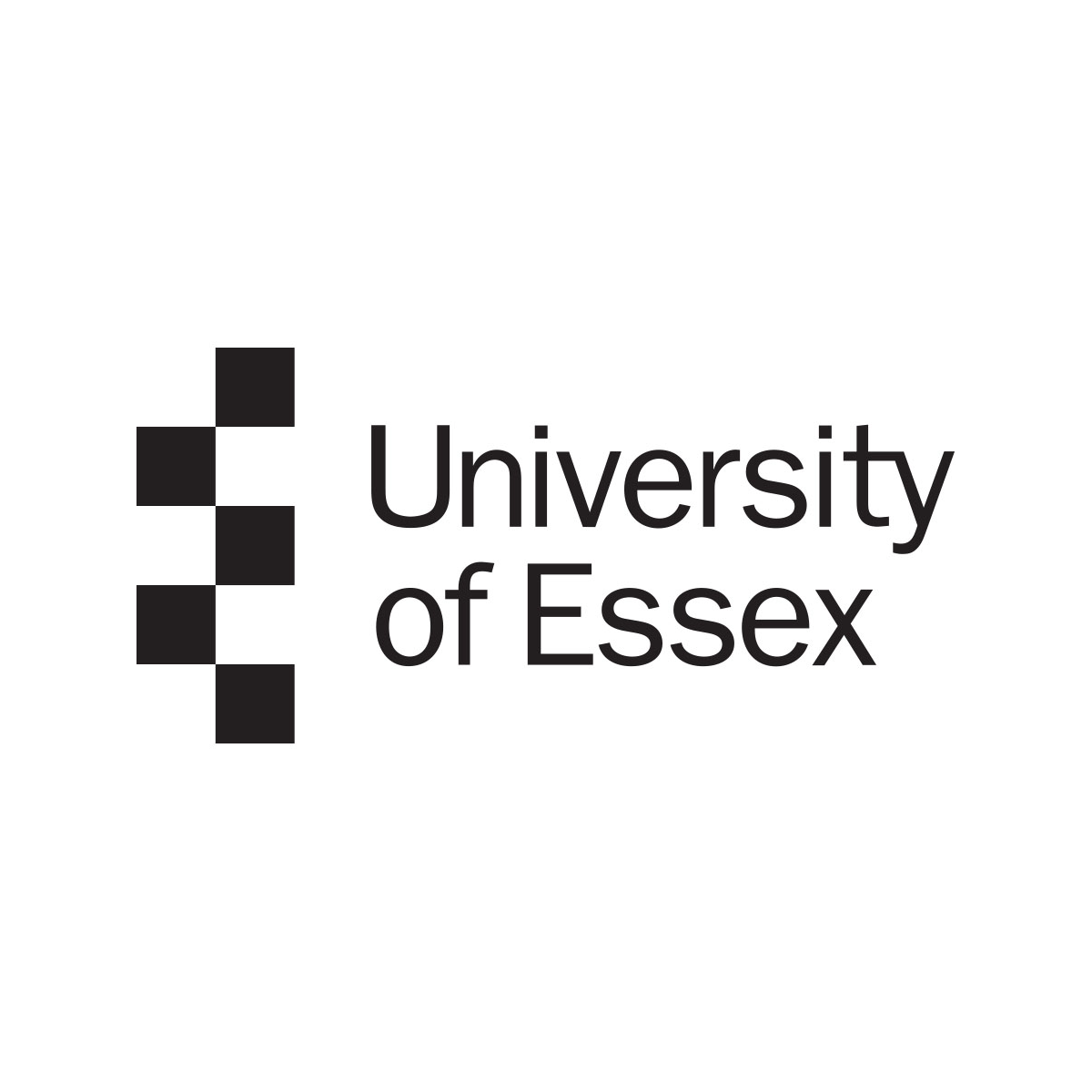Memory takes centre stage in new YERUN research collaboration

As Essex is a member of YERUN (Young European Research Universities), our early career researchers, as well as those from other partners, have the chance to collaborate with other YERUN academics.
This year, the YERUN Research Mobility Award programme is supporting researchers to establish a new research collaboration in a virtual format.
We spoke to one successful Mobility Award winner, PhD student Lorin Sweeney from Dublin City University, to find out why he wanted to get involved in the YERUN programme and work with colleagues at Essex.
Why did you want to apply for a YERUN Mobility Award?
My main motivator in applying for a YERUN Mobility Award was to push forward a collaboration between the University of Essex and Dublin City University that was in its early stages. I felt that the YERUN Mobility Award was a great way of continuing this collaboration.
Why did you choose Essex for your virtual collaboration?
Given the resident expertise on the subjects of EEG experimentation and memorability, and my previous experience interacting with them through the MediaEval Media Memorability 2020 task, the University of Essex was simply the perfect partner for a collaboration on the kind of research that's relevant to my PhD and which interests me most.
What is your area of research expertise?
I am a PhD student at Dublin City University and part of Science Foundation Ireland’s Insight research centre for data analytics. Even though I have a BSc in Computer Applications and Software Engineering, and my PhD is in Computer Science, I have always felt a strong pull towards answering anthropocentric questions. I like to think of computing as a suite of tools that makes such questions more accessible, and their answers less opaque. Accordingly, my primary research focus is media memorability - understanding what makes media in its many modalities memorable, and exploring machine learning and AI models to predict how memorable a given piece of media will be.
Why are you interested in your area of research?
Memory is a subject that strikes the soul - our memories make us who we are. I like to think of memories as the tethering threads that tie us to the world, and memorability as the measure of their tensile strength. Not only is the subject of memory inherently valuable as a result of its proximal nature, the study of memorability is uniquely important due to our lack of metacognitive insight into what we will remember or forget. Even though the nature and constitution of our memories currently remains elusive, and our understanding of what makes one thing more/less memorable than another is still nascent, I believe that a creative combination of neurophysiological tools, such as electroencephalography (EEG), and state of the art machine learning methods can help us trim the umbral undergrowth surrounding the subject. With increasing life expectancy and associated prevalence in neurodegenerative disorders, the study of memory; memory formation; and the measuring of memorability, will only increase in importance in broader society and everyday life.
What are your hopes for the YERUN collaboration?
The aim of our collaboration is to collect, filter and interpret neurophysiological data, and create, apply, and evaluate machine-learning methods to enable the assessment of EEG data as a predictor of video memorability. Our work also has the potential to offer insights into the neurological precepts of memorability, which will expand the collection of questions we can address in future research.
